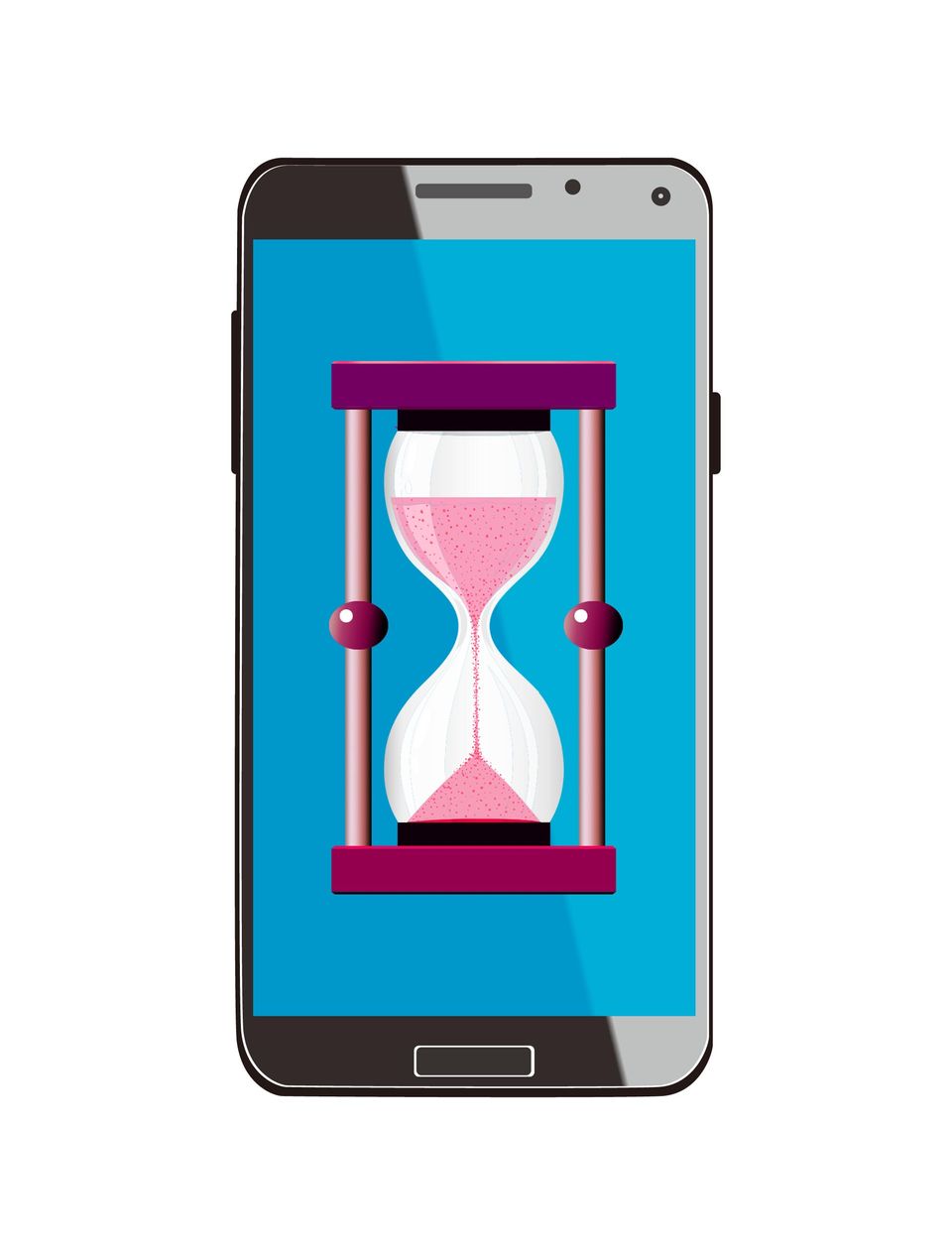The Power of a Single Second

Did you ever notice a tiny delay, when you get a notification? That's no accident, it builds suspense.
Back in the old days, it took months for a business to know if its advertising strategy was working. In America, once a year the Sears Catalog came out. This was a huge paper catalog that offered thousands of products for sale by mail order.
If the wording in the ads were tweaked, would it result in more sales? The only way to find out was to change the ad the following year, and see if sales improved. Still, this was guesswork.
The market may have changed in that year, or the product may have changed, or a competitors product may have come along, or any of a myriad of other factors. It was really difficult to tell if a change was making any difference.
Compare that to today, and the tools available to an online platform, which serves Billions of users. One small change in the code, a couple of strokes on a keyboard, and instantly, billions of users experience that change. (whether they notice it or not) The developers can tell instantly if their change created more or less user engagement, and even narrow it down by location, age group, and other factors. What would take Sears 10 years to learn with multiple ad versions, online platforms can do in a single day!
This allows for rocket speed optimization of platforms to meet the sales goals of the venture. The interface can be honed, and re-honed infinitely, with instant reliable feedback.
ONE Second...?
Not long ago, one major platform introduced a 1 second delay between a notification "ding" and a display of the notification on the screen. The user might think the delay was just a connectivity glitch. But actually, through field testing, the platform proved that that one second delay, increased suspense, which boosted the engagement of the user! This is one example of thousands of tiny, almost invisible changes that platforms make to control the user.
Developers used to dream up changes, and try them out. That method is quickly dying. Instead, we have Artificial Intelligence sending out multitudes of tiny tweaks constantly, evolving the platform into an ever more addictive trap. "Rocket speed" optimization is now "light speed."
Most changes might produce little results. But every once in a while, the AI hits the jackpot, and stumbles upon a previously unknown crack in the human psyche that produces a large result. And the users never know it happened.
As amazing as this may seem, this degree of mind control is really only in its infancy. In just a couple of decades, the world went from not knowing what the internet was, to each adult spending as much s 13 hours a day on it. Granted, some of that is productive working time for employed people. But how much of that is "productive working time" for young people? Certainly much less.
And as the technology "learns," and discovers more cracks in the armor of the human psyche, will anything be resistible?
Perhaps that's not the right question: Will people even be "trying" to resist? Or will they rather just do as the platform leads them, thinking they are in full control-- making fully autonomous choices?
How about you? Do you think you are in full control, making all your own choices? And if you were not, how would you know?